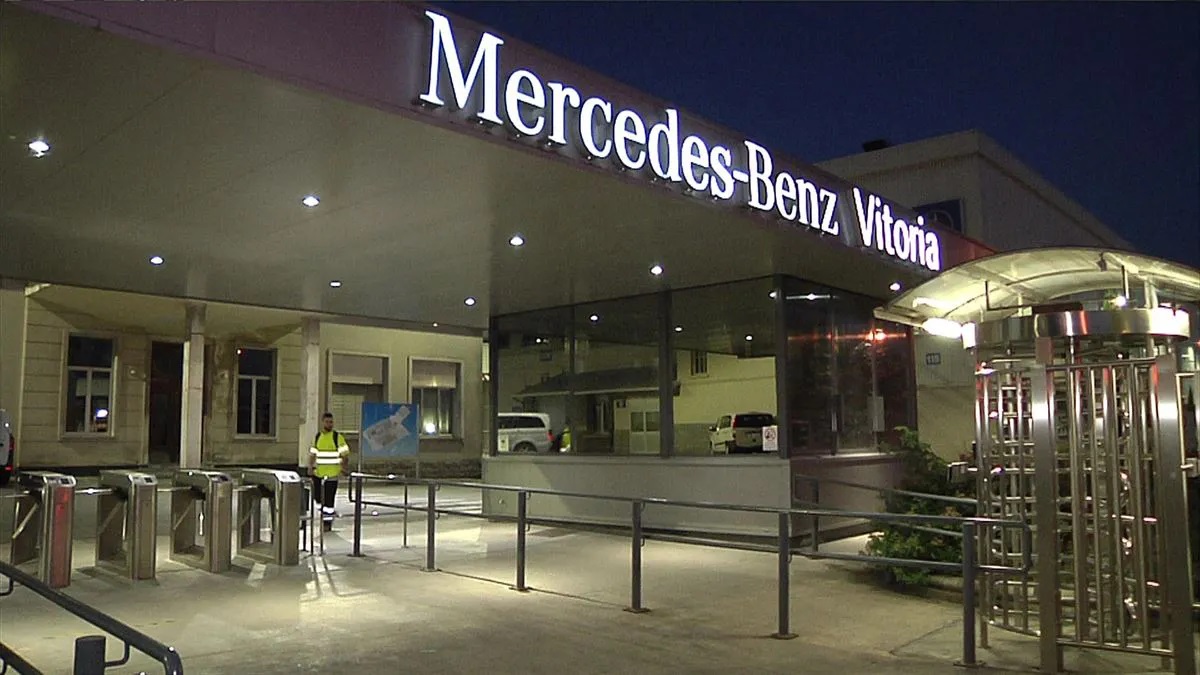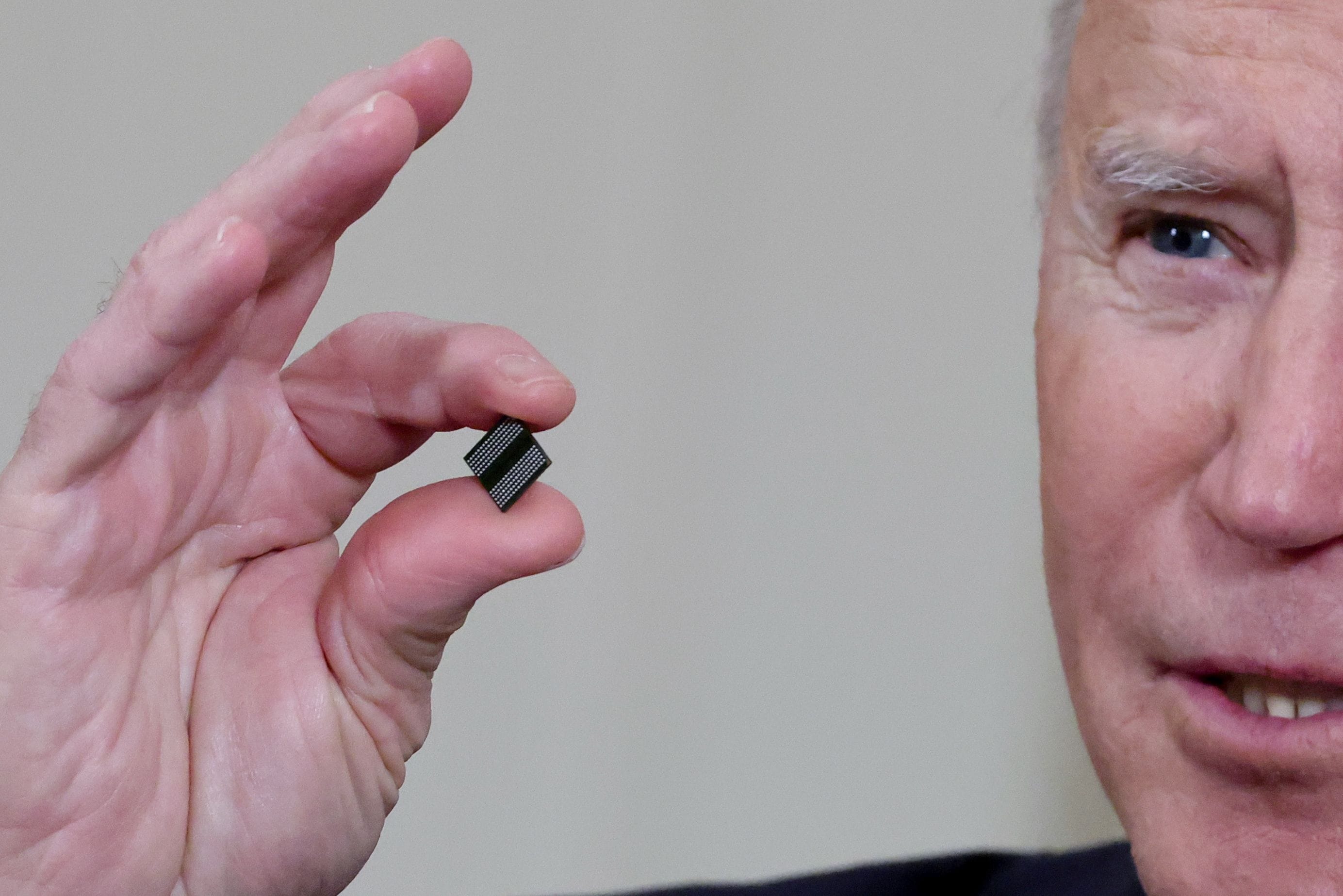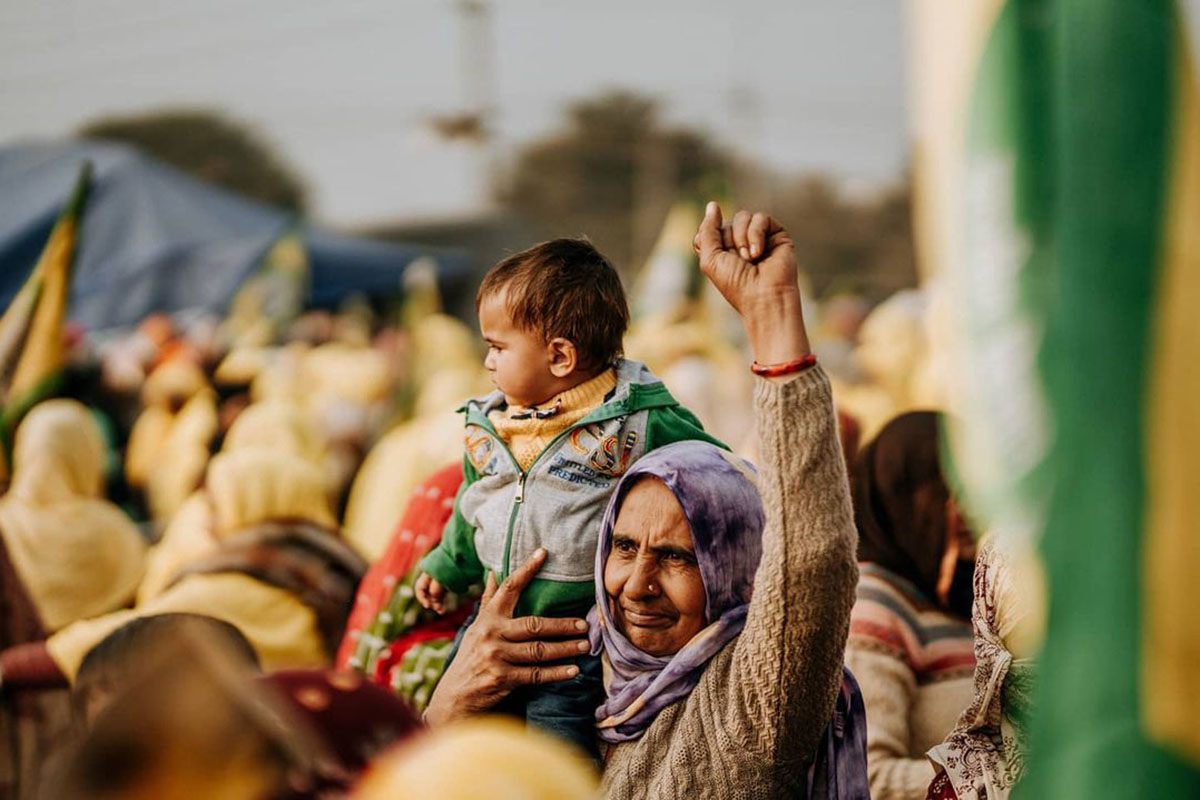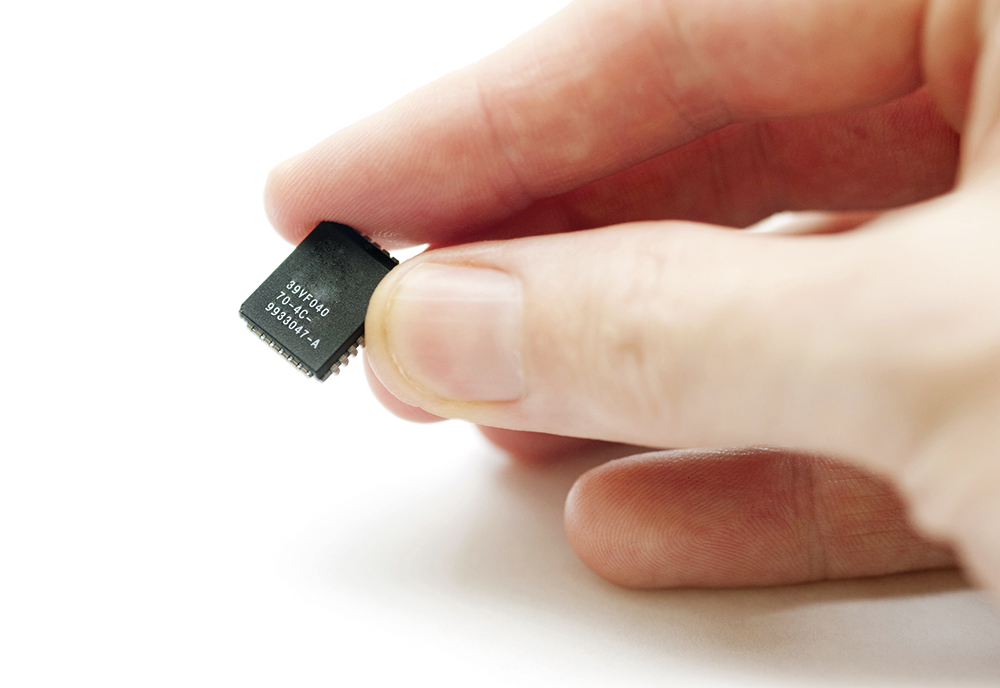Gorillas arrives, the new machine to kill the street, which will receive in your home within 15 minutes at your request
- If after Amazon you believe that Glovo, Deliveroo and Uber Eats have disrupted life in our cities and neighborhoods, attentive to the following wave: Cajoo, Flink, Dija, Gorillas, PicNic, Everli.. Distribution start-ups that, created in the middle of COVID-19, are expanding like lightning. These food or cleaning components you need every day in your home will take you to the portal in a di-da as soon as you ask for it on your mobile.
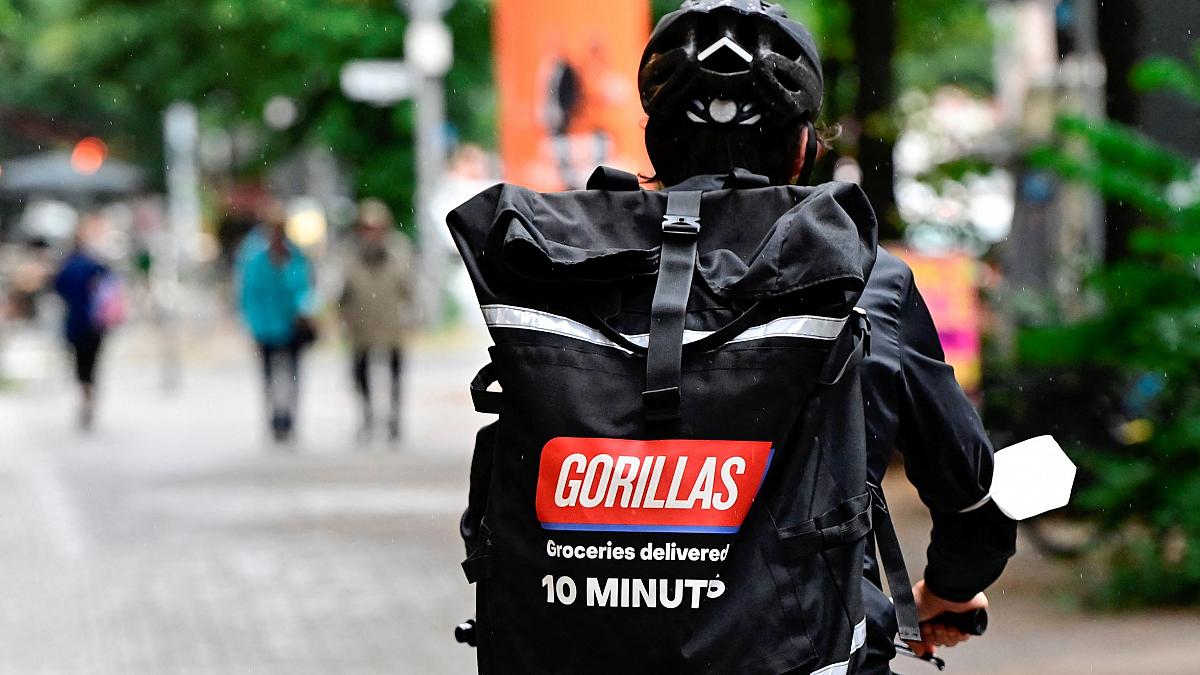
A 15-minute city” means that, suddenly, the reader will come up with a utopian intention of a more sustainable and ecological city, set in 2020 by Anne Hidalgo, neighboring Paris, known in French as Ville du quart d’hy in Spanish as a 15-minute city. A model city in which citizens can access all the basic services they need by foot or by bicycle for a quarter of an hour. The idea was conceived at the beginning of the 20th century by urban planner Clarence Perry and recently the Colombian Frenchman Carlos Moreno, an expert in robotics, has given new air to the concept.
However, the 15-minute city on the COVID-19 leash is not being configured to offer the people and neighborhoods of the cities the possibility of covering first hand all their needs – shops, offices, entertainment… all within their reach – but precisely in a new dystopia that would give them a new life in that utopia. The television Arret Sur Images tells in the Livraisons chronicle in 15 minutes: l’empire du moindre effort (“Distributions of 15 minutes: the empire of not having to move”), making a one-year balance of the quick commerce model that has spread different start-ups with the pandemic.
Dear Arabic reader: If you live in one of the great European metropolises, when you start to soften this weekly you can order from your mobile a couple of beers, a bag of chips, a avocado to prepare pardelas for the child and a guacamole for food… and to finish the item you would have a door game with orders. That's the miracle of quick commerce or q-commerce that, like its customs, is going to revolutionize the entire organization of cities.
Flink, Cajoo, Getir, Gorillas, Dija… and the essence of the new start-ups that are being created every day is that in the closing distribution of seven in the morning to midnight any day of the week – that is, from 10 to 15 minutes – you bring to the homes the things you buy in nearby shops for daily living, paying for the service 10% more than in the store.
Dark store is the hidden weapon of companies: Organized shafts in exclusive premises of the city, replacing the 6,000 products that a small supermarket must contain with 1,500-2,000 products. Upon receipt of the order, we will organize a set of products, deliver them to the dealers who ride on bicycles or skates and make them reach your portal in less than a quarter of an hour. And if you've asked for the job or the road, you've got the potatoes and the beers on the doors before you.
Are you concerned about the working conditions of distributors? Unlike Lasai, Uber Eats, Deliveroo and others, these new start-ups say that riders are talking about indefinite contracts, the work tools paid by owners and holiday days. Promeso is at the moment in a position to believe... because in the media very little has been disseminated the strike and the protests of the workers of these start-ups, for example, in the Germany itself where Gorillas has been created.
Monday 14 February, 20:00 discussion on strikes and self organization at #NewYorck #Bethanienhttps://t.co/Pz1KNvEPee
— Gorillas Workers Collective (@Gorillas Workers) February 13, 2022
However, investment funds are pooling funds into these disruptive businesses. Why?
DO NOT MOVE HOME!
Reporter Thibault Prévost commented in his analysis that large investment funds are entering these q-commerce projects: From the expansion of COVID-19 to the present, $14 billion. “If the investment funds did not devalue the cash, this new distribution model would not last,” says Prévost. In essence, a large capital is being repeated with Gorillas, Getir and others the operation with Glovo, Deliveroo, etc. from the previous wave. Because business isn't that different: arranging butchers or fake kitchens inside cities, squeezing logistics workers down to the last drop and forcing companies to grow very quickly until they find the buyer -- so keep it from falling on the road.
Prévost dares to announce what the new distribution model entails. In short: They are now in the first phase, in a merciless economic war, investors are financing the costs that users – the citizens – should pay for themselves. This form of subsidy has made it possible for young people in cities to become a habit to ask for anything from the mobile phone and for others to take home. Once this phase has been completed, once consumption habits have been established, both in time and in social relations, the remaining companies will decide that the game has ended in the form of a cartel, increasing prices.
We are not going to believe that we are not going to fall into the offers of Gorillas and others, that we are not going to give in to the promises to achieve it in one. It takes six weeks to create a new habit. In the face of fast food, we gave up, about three decades ago, we reduced the time from an hour and a half to a half hour. We have also given in to Uber, Uber Eats and others that offer us non-essential needs. We have changed our relationship with comfort, we have considered that we must constantly take advantage of time.

“Today we have more need than ever to leave, to find ourselves, to feel that our body is and is touched, to break the management of the time established by teleworking, to breathe without more new air. The 15-minute distribution proposes just the opposite, closing in oneself, in its shell, at all costs. Even more, they rot in a cognitive desert, each immersed in their own barbarism. Fleeing from the outside for the benefit of the interior, giving up movement in exchange for standing still. And what for? To work, eat and overnight in the narrow area of the interior of the house. The housing division divides the city into two isolated classes space and effort: the internal, the non-moving, and the external, in continuous movement. And among them, in the last invisible layer, undocumented immigrants, who rent digital personalities to survive.”
2021etik 2025era isuriak %15ean murriztu behar zituen industriak. Ursula Von Der Leyenek automobilgintzaren sektorearen eskutik ekintza plan bat aurkeztuko du martxoaren 5ean. Oraindik erabakia hartua ez badago ere, Europar Batasunak sektorearen eskaerak onartuko dituela diote... [+]
The devastating characteristics of today ' s global world, wars, ecological and social injustices herald an apocalyptic representation of the future anywhere on the planet. Echoes of the nuclear threat further dispel the concern of fear and concern, while politicians... [+]
The effective tax rate that Amazon paid in the last decade was 13 percent. By 2020, the 55 largest companies in the United States did not pay taxes. The effective rate on the profit of companies that in the Spanish state invoiced more than one billion euros was 4.57% in 2019... [+]











